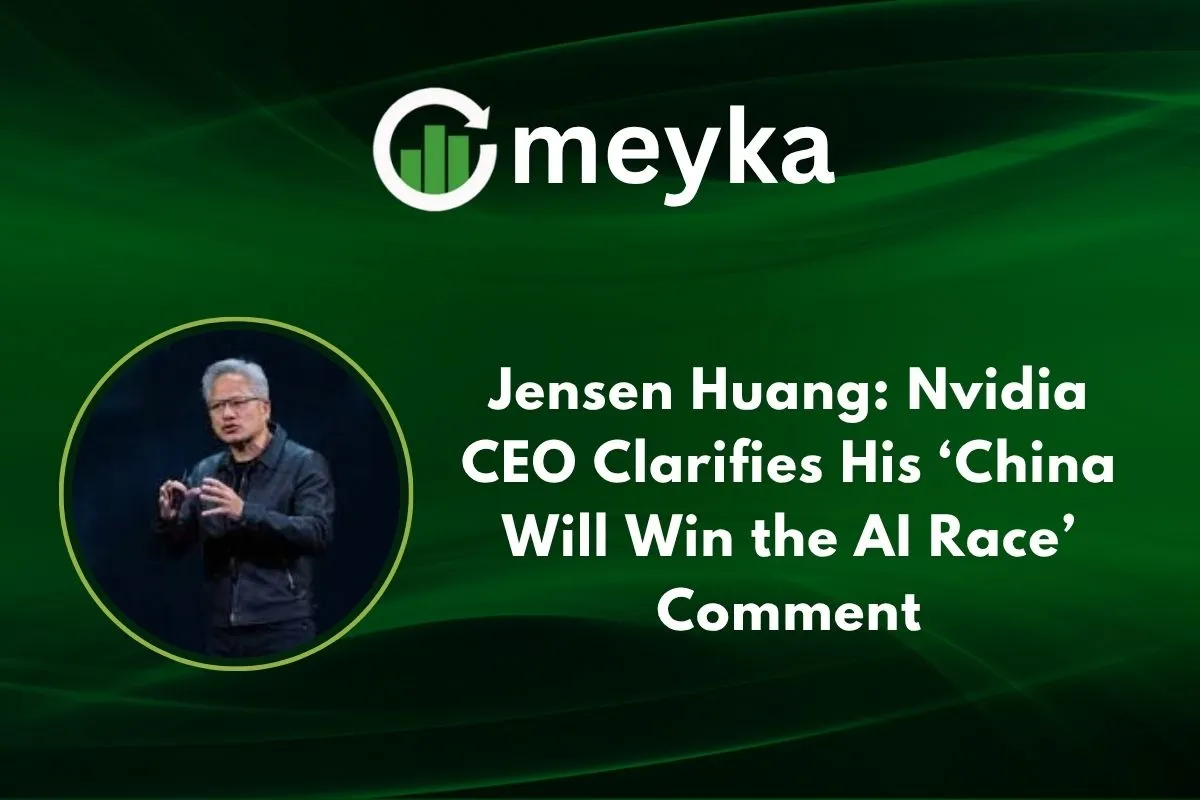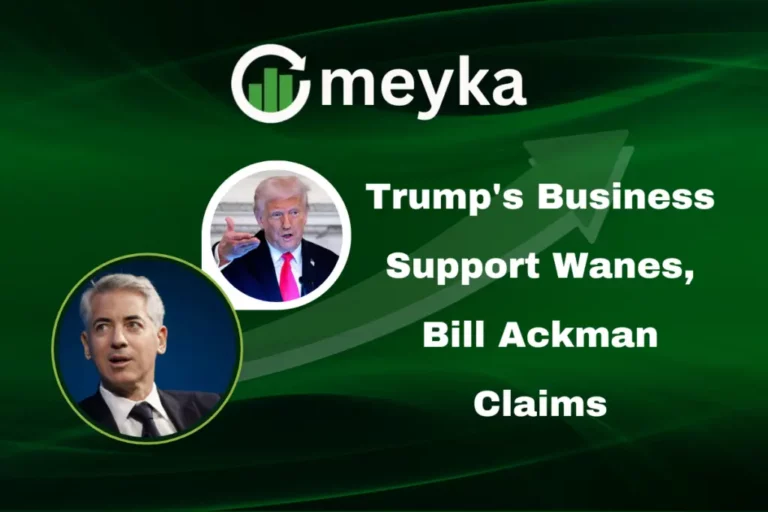Jensen Huang: Nvidia CEO Clarifies His ‘China Will Win the AI Race’ Comment
We’re witnessing a pivotal moment in technology. Jensen Huang, the CEO of Nvidia, recently made headlines when he declared that China “is going to win the AI race.” His blunt statement stunned many in the tech world. Why would the head of a U.S.‑based tech giant publicly say this? What did he really mean? We will walk you through what Huang originally said, how he followed up with clarification, what the industry is saying, and what it all means for the global AI landscape.
Background: Nvidia and AI
Nvidia has become a powerhouse in artificial intelligence. The company builds the chips and hardware that fuel big AI models and data centres around the world. Huang has steered Nvidia into this role over many years. AI is one of the most dynamic fields of our time. Nations and companies compete to lead in AI because it touches everything: business, defence, healthcare, and education. Nvidia’s ties with China are especially strong: China is home to many AI developers, and Nvidia’s hardware is in demand globally, including in China. Because of this global reach, Huang’s remarks about China and AI grabbed wide attention.
The Original Comment
In early November 2025, at the sidelines of the Financial Times Future of AI Summit, Huang stated: “China is going to win the AI race.” He offered the reasoning that China has key advantages: lower energy costs and more relaxed regulations compared to Western countries, which he said might hold back innovation. His comment generated strong reactions, from media headlines to analysts, investors, and governments. Many interpreted it as a bold admission that the U.S. might lose its tech lead. Others saw it as a provocation or strategic messaging.
Jensen Huang’s Clarification
After the initial blowback, Huang took steps to clarify what he really meant. While he maintained his view that China has momentum, he stressed that the U.S. wants to lead and that Nvidia wants to be part of that effort. For example, he told reporters that “We want America to win this AI race. No doubt about that.” He also emphasised that the underlying issue is not simply hardware or geography, but talent and participation.
In an earlier comment, he said: “50% of the world’s AI developers are in China … The first job of any platform is to win all developers.” The clarification suggests that Huang’s comment was partly a wake‑up call: the U.S. cannot ignore China’s large pool of AI talent without risking its lead.
Industry Reactions and Analysis
Reaction has been broad and mixed. Many analysts agree that Huang’s statement sounded alarming for U.S. tech leadership and for Nvidia’s positioning. One explanation: the U.S. export controls and regulatory fragmentation might slow down innovation, giving China an edge. Others point out that China is rapidly developing domestic alternatives and ramping up AI research. Huang himself said Chinese AI researchers are “world‑class”. On the flip side, some experts caution that while China is making big strides, it still faces gaps, especially in cutting‑edge chip manufacturing. For investors, Huang’s comments also had an impact: Nvidia’s stock and China‑market potential were in focus after his remarks. In short, the industry sees this as more than rhetoric; it’s about global tech strategy.
Implications for AI and Global Tech
What does this all mean for the future of AI? First, it shows that the “AI race” is not just about who invents the smartest algorithm; it’s about access to talent, infrastructure, regulatory environment, and global platforms. If one country shuts itself off, it may limit its influence. Huang warned that excluding China from the platform could hurt America long‑term. Second, for companies like Nvidia, the message is that they must navigate geopolitics carefully. China is too large a market and developer base to ignore. Third, the broader tech world may shift toward a more multipolar model. The U.S., China, and others may lead different aspects of AI, infrastructure, models, regulation, and applications. Huang’s statement underscores that possibility.
Finally, for users and workers around the world, this means that AI won’t just be dominated by one country. Developers in Africa, Latin America, Southeast Asia, and the Middle East matter too, which Huang acknowledged. That personalization gives a more inclusive view of the AI future.
Conclusion
We’ve seen what Jensen Huang said, how he clarified his remarks, and why the industry is paying attention. His message: don’t assume the U.S. dominance is guaranteed, because countries like China are bringing real firepower, in talent, regulation, and scale. At the same time, his clarification signals that Nvidia and America are still fighting to lead. What we learn is that in the AI era, leadership isn’t static. It depends on many moving pieces. For Nvidia, for countries, and for all of us, the race continues, and the stakes are high.
FAQS
He warned that China “is going to win the AI race” unless the U.S. acts faster and keeps global developers on American tech.
China wants to build its own AI‑chip ecosystem and reduce foreign tech reliance. It has banned the use of certain Nvidia chips in state‑backed data centres.
China’s leadership stressed self‑reliance in AI development, calling for core technologies and domestic innovation to ensure the country leads rather than follows.
Disclaimer:
The content shared by Meyka AI PTY LTD is solely for research and informational purposes. Meyka is not a financial advisory service, and the information provided should not be considered investment or trading advice.





